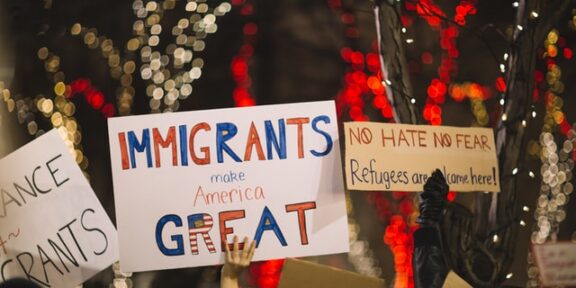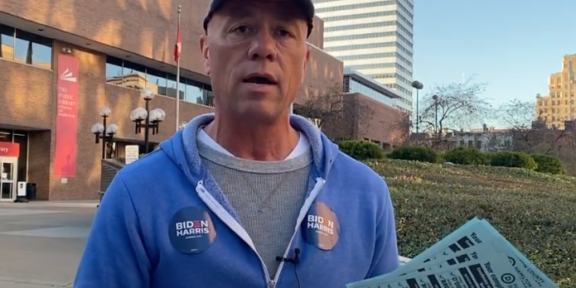By Jada Ingleton
The Coalition for Racial Equity and Social Justice recently invited dozens of educators, activists and curious scholars to unpack modern racism and the prospects in which it can be deconstructed.
Brian Evans, a direct descendant of militant American abolitionist John Brown, moderated the March 10 event. Evans shared that he has dedicated a great deal of his life to amplifying his ancestor’s legacy and vision for racial equality.
A semiconductor scientist, Evans said that he is constantly working to revive his great-great grandfather’s fight against racism, saying that the problem is a matter of “who and why?” rather than “what and where?”
Throughout the interactive discussion, Evans spoke on a variety of topics, including his introductory history lesson on the roots of racism and his dethroning of white supremacy.
While he attributes racism to a number of generators, Evans emphasized that the creation and integration of considerable “sub-races” has allowed systemic racism to thrive.
Additionally, Evans states that emphasizing individual identities continues to fuel racial inequalities.
“We must understand that contrary to much popular thought, racist policies do not stem from ignorance and hate…[they] are continually being born from one thing: self-interest,” Evans said. “We need to begin to address these root causes and hold accountable who did it.”
Howard University student Mya Trujillo had similar thoughts about the controversies of racial identity.
Having grown up Afro-Latino, Trujillo said that while her Black culture heavily influences her, oftentimes, people of dual heritage fail to acknowledge their entire background.
“We’re all the same, we’re all Black. Any white person is going to look at you and see that. It’s a lot of ingrained internal racism–a lot of colorism, a lot of texturism,” Trujillo said. “And not even just within themselves, but within families too.”
“At the end of the day, that’s who you are–you can’t really escape that. If you’re willing to push away those parts of yourself, then, of course, you’re going to do the same to everyone else,” she added, citing personal recollections as a Black Dominican.
While there have been controversial discussions regarding the racial divide in America, some have hope for a future where “one human race” can withstand.
With a strong belief that “reading is key to liberation, and education is key to liberty,” Evans said he advocates learning and believes those who choose to be uneducated add to the problem.
He explained that the continuation of systemic racism is linked to ignorance in education systems, as multiple state governments have passed legislation that attempts to diminish Black history.
Evans encourages families to have honest conversations with their children about the history of the nation. The Rhode Islander says that his priority remains continuing the battle for racial equality, a fitting representation of his ancestry and hopes for tomorrow.
Political science-sociology graduate Shayla George believes that in order to debunk the myths perpetuated by local governments and schools, teachers should be honest about the hard truths of history and white people’s involvement.







